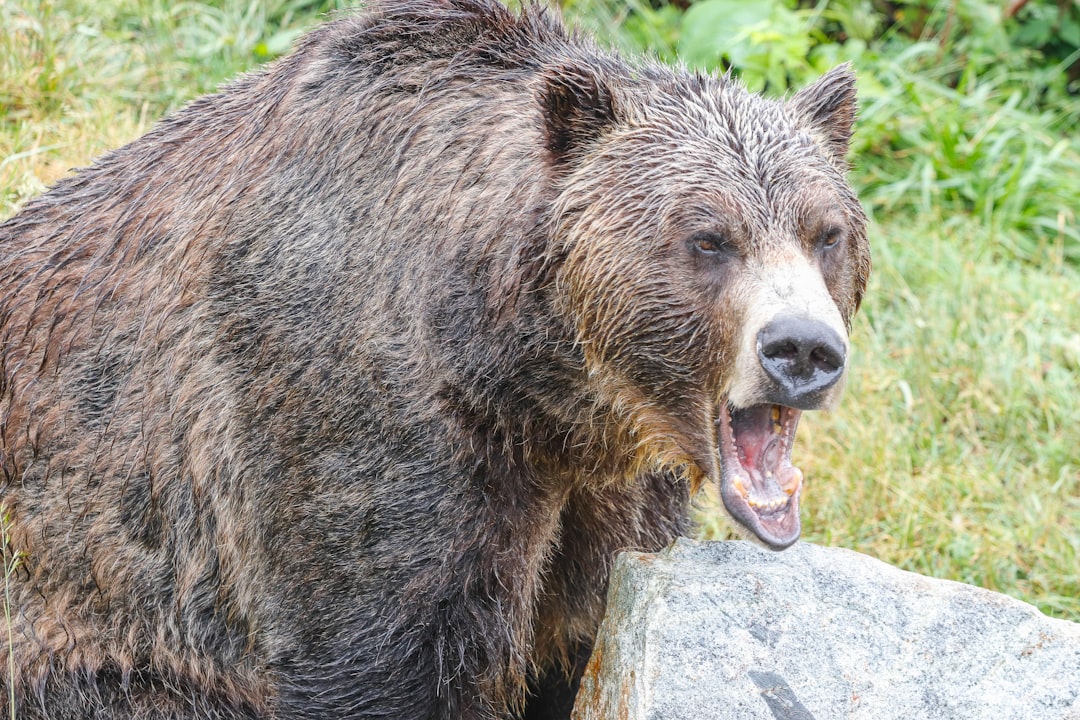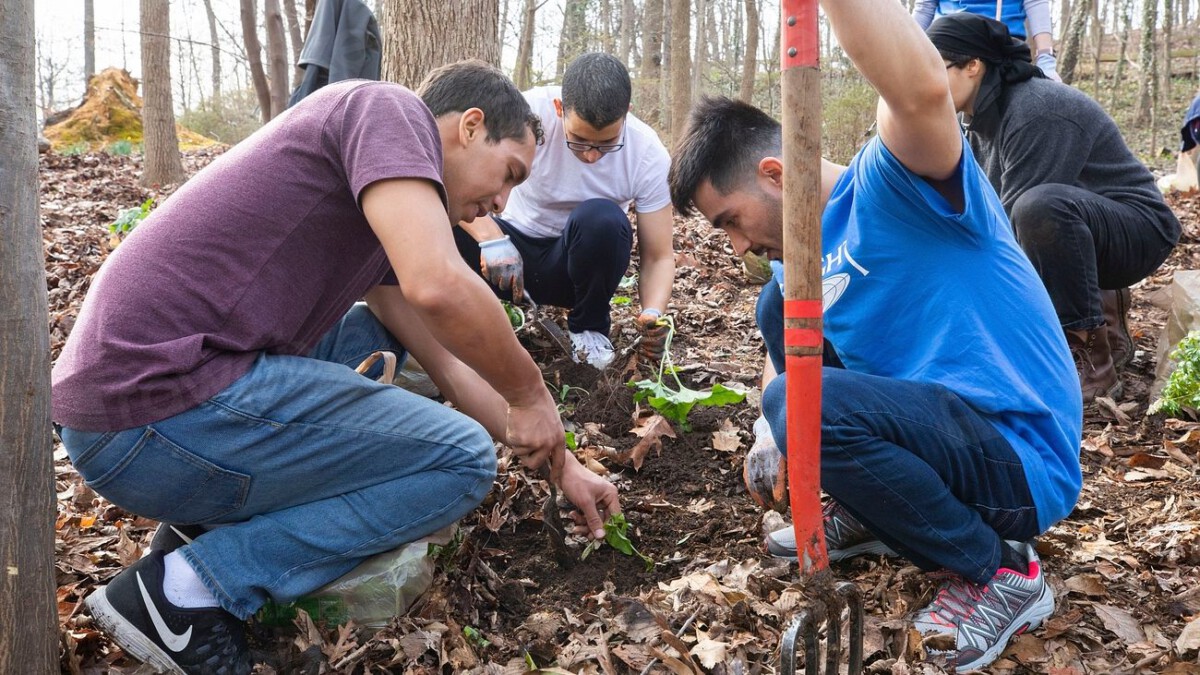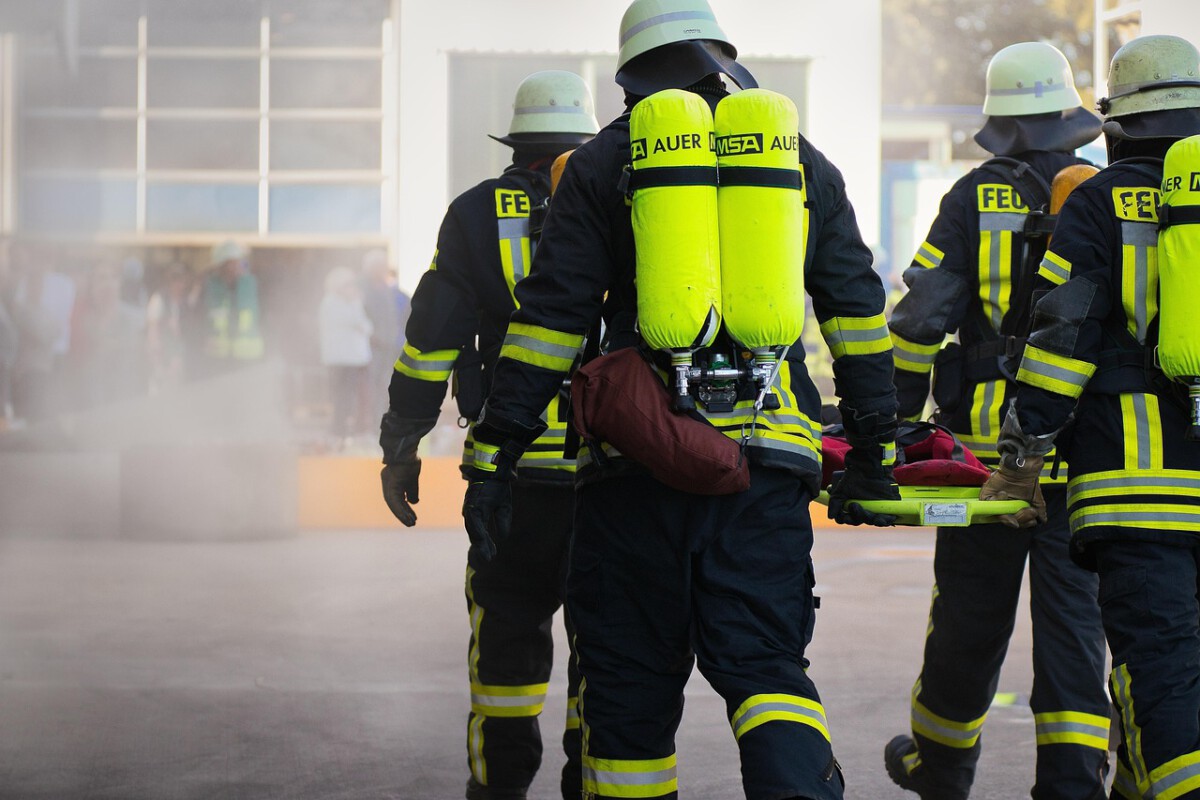The Surge in Bear Encounters After the Storm (Image Credits: Unsplash)
Tennessee – Amid the damp aftermath of recent storms, shadows of large animals stir in the underbrush, drawing curious eyes from recovery crews and locals alike.
The Surge in Bear Encounters After the Storm
Black bears, normally elusive in Tennessee’s wild spaces, have been popping up more often since the hurricane swept through. Floods and winds scattered food sources, pushing these creatures closer to human areas as they search for easy meals. Wildlife experts note that displaced bears are venturing into neighborhoods and campsites, heightening the risk of close calls.
One recent rescue in Gatlinburg involved a 375-pound bear trapped on a commercial roof, a stark reminder of how storms disrupt their routines. Officials from the Tennessee Wildlife Resources Agency (TWRA) are tracking these movements closely, warning that desperation could make bears bolder than usual.
Feeding Bears: A Recipe for Disaster
Picture this: a well-meaning hiker tosses scraps to a hungry bear, thinking it’s helping out. In reality, that act conditions the animal to associate people with food, leading to aggressive behavior down the line. Post-hurricane chaos amplifies this, as scattered debris already tempts bears toward populated spots.
Habituation turns shy wildlife into nuisances or worse, threats. TWRA reports show that fed bears lose their natural fear, increasing attacks on humans and pets. It’s a cycle that endangers everyone involved, from the bear’s eventual relocation or worse, to public safety.
Shocking Stories from the Field
Back in 2020, a woman from Virginia faced up to six months in jail after posting a video of herself hand-feeding a black bear in Gatlinburg. That clip went viral on TikTok, but it sparked serious charges under local wildlife laws. Such incidents underscore how social media can glorify risky actions, especially when storms heighten animal desperation.
More recently, summertime warnings from state officials highlighted bears roaming rural roads, drawn by unsecured trash. With hurricane recovery ongoing, similar reports are flooding in, urging folks to rethink their approach to these encounters.
What Tennessee Officials Are Urging Now
TWRA and park rangers are clear: do not feed bears, period. Their message comes amid increased activity in places like the Great Smoky Mountains, where bears are a natural treasure but need to stay wild. “It’s everyone’s responsibility to keep them alive by keeping them at a distance,” one official stated in a recent advisory.
Following the hurricane, they’ve ramped up patrols and public alerts, emphasizing that human food alters bear behavior irreversibly. Conservation efforts have brought black bear populations back strong in the Southeast, and officials aim to protect that progress without incidents.
Safe Ways to Share Space with Bears
Coexisting means securing your environment first. Lock up garbage in bear-proof containers, and never leave food out overnight, especially in storm-damaged areas where resources are scarce. If you spot a bear, make noise to scare it off rather than approaching.
For campers and hikers, here’s a quick list of dos and don’ts:
- Do store food high in trees or in vehicles, away from tents.
- Don’t cook or eat near sleeping areas.
- Do travel in groups and carry bear spray as a last resort.
- Don’t run if you encounter one; back away slowly instead.
- Do report sightings to TWRA for monitoring.
The Bigger Picture: Protecting Bears and People
These warnings aren’t just about one storm; they’re part of ongoing efforts to manage Tennessee’s thriving bear population. From the Smokies to rural backroads, education plays a key role in preventing conflicts. Ignoring it could undo years of conservation work.
Here’s a simple comparison of bear behavior before and after human interaction:
| Wild Bears | Fed Bears |
|---|---|
| Forage naturally, avoid humans | Seek out people for food, become aggressive |
| Stay in remote habitats | Wander into towns, increasing relocation needs |
| Low conflict risk | High danger to safety and property |
Key Takeaways:
- Storms like hurricanes push bears closer to us – don’t make it worse by feeding them.
- Legal penalties can include fines or jail time for violations.
- Simple habits like securing trash keep everyone safer in the long run.
In the end, respecting these warnings ensures Tennessee’s bears remain wild icons rather than problems. Staying vigilant post-hurricane protects both the animals and our communities. What steps will you take next time you spot wildlife nearby? Share your thoughts in the comments.







